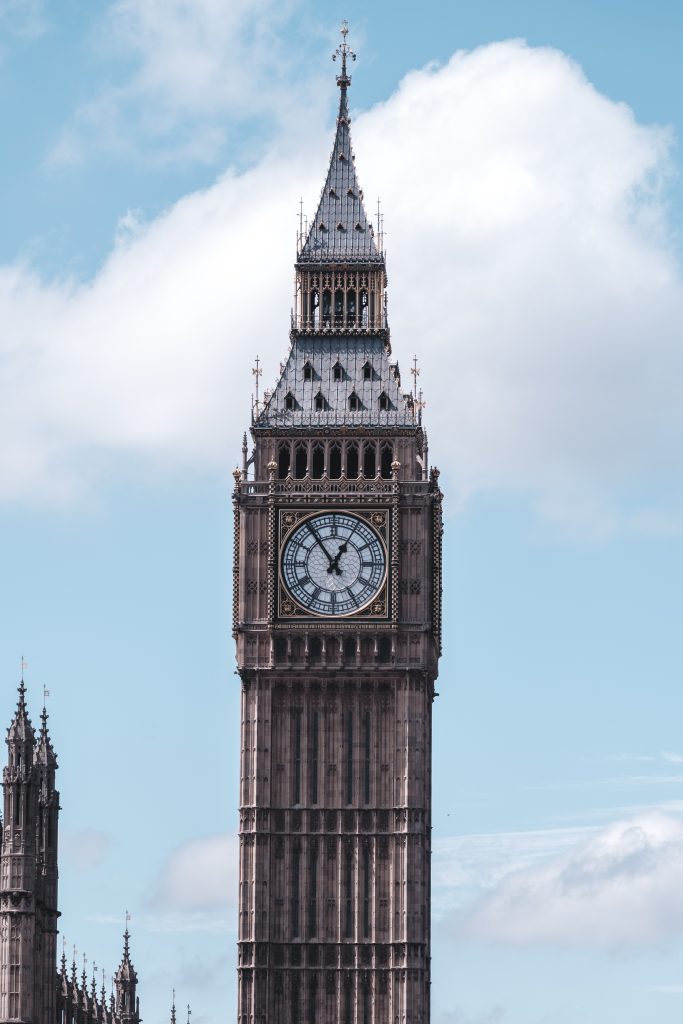
For centuries we have heralded ourselves as the champions of democracy, but could you think the same after watching PMQs? Political disenfranchisement has always been there, but I now think it is in fever-pitch. With politicians rattling their cages like an imprisoned animal, jeering and sneering like a pantomime crowd and waving their papers like they were at the races; how many people can truly relate to the political theatre of PMQs?
Despite the questioning of Prime Ministers being a part of British politics for centuries, PMQs was not formally established until later in British democracy’s life. In 1881, with William Gladstone as PM, questions to him were fixed to certain time-limits. This became more structured in 1953 when Winston Churchill agreed for questions to be submitted on certain fixed days (at the time, Tuesdays and Thursdays). After a 1959 report by the Procedure Committee recommended changes to this system, Harold Macmillan oversaw a ‘trial period’ in 1961 whereby questions were to be asked in two fixed 15-minute slots on Tuesday and Thursday.
The first official PMQs, on a permanent basis, was on 24 October 1961.
PMQs are supposed to hold the Prime Minister to account, to increase scrutiny. Yet instead, we are provided with a scripted melody of shouting insults and jokes that would make most Dads quiver in their boots.
If a class of 10-year-olds acted like this in a classroom then they would all be kept behind at lunch – so why do we accept it from our elected representatives?
In a recent interview, Nick Clegg said, “Sometimes I worry that we can be too self-congratulatory, we can get a little carried away with our pomp and theatre of Westminster.” Indeed, what we are failing to notice is that rather than being a cornerstone for democracy, or the greatest example of parliamentary procedure, PMQs is now a showcase of embarrassment.
PMQs are supposed to hold the Prime Minister to account, to increase scrutiny. Yet instead, we are provided with a scripted melody of shouting insults and jokes that would make most Dads quiver in their boots.
PMQs undermines the hard-work that the majority of MPs undertake in the Commons; it illustrates politicians as detached, childish individuals seeking to score political points rather than representatives of the people challenging Governmental action.
I have heard and participated in more productive debates with friends whilst at the pub, and probably witnessed more respected decorum.
As entertaining as PMQs can be, it is not serving its purpose. Rather than engaging the public, it is removing them. Rather than giving the public answers, it is leaving them with more questions. Rather than making us proud, it is making us ashamed.
No longer must we tolerate the repetitive churning of slogans, the failure to assertively challenge the Government and the boisterous shrieking that resembles a scene from a football match, and a non-league one at that.
If the integrity of Parliament, and the respect of politicians, is to be saved then it is imperative for PMQs to be radically transformed.
